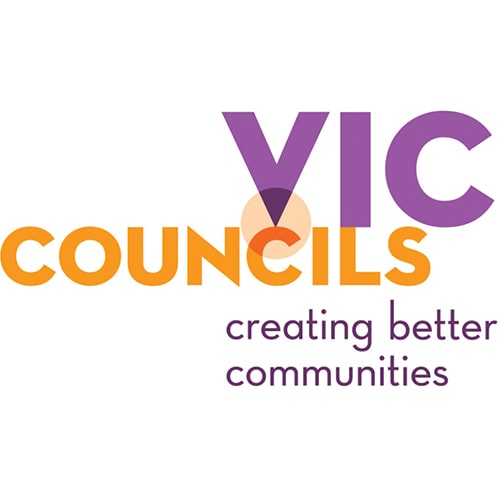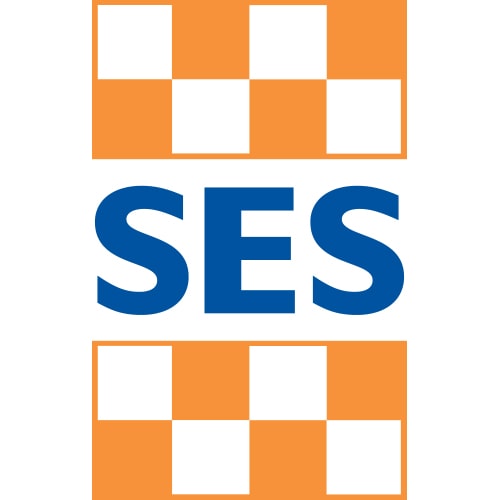State Office:
Neighbourhood Watch Victoria
Victoria Police Centre
311 Spencer Street
Docklands VIC 3008
General Enquiries: (03) 8335 6002
Media Enquiries: ceo@nhw.com.au
ABN: 41 586 657 273
Incorporation Number: A0018739R
Many people are unsure about when they should call Triple Zero (000). With fire and ambulance, only call if life or property is being threatened; with police, call if a crime is in progress or an offender may still be in the area.
Before 1961, Australia did not have a national number for emergency services; each of the different emergency branches (police, fire department or ambulance) had their own number.
In 1961, the Postmaster General (PMG) introduced the Triple Zero (000) number in most of the major Australian cities and by the end of the 1980s it had become nationwide.
The number Triple Zero (000) was chosen for several reasons, one of which was that it was easy to dial in darkness because the number zero was next to the finger stop on most Australian rotary telephones, which were the norm at the time.
You’ve probably seen the ads – only call Triple Zero (000) if it’s an actual emergency. And that’s true for fire and ambulance services. You should only call for an ambulance or fire brigade if life or property is being threatened, someone needs urgent medical help or you see flames.
But when it comes to police it can be a little less clear for many people. Call Triple Zero (000) for police:
It may be what we traditionally recognise as an emergency, such as someone breaking into your house or taking off with your car. But it could also be if you see someone peering into parked cars along your street or fiddling with a number plate – not an emergency as such but action that could be about to lead to a crime, and something that police want to know about as it is happening.
When you dial Triple Zero (000) you will first hear a recorded message: “You have dialled emergency Triple Zero (000). Your call is being connected.”
A Telstra operator will then answer your call and ask whether you need police, fire, or ambulance. They will also ask you to confirm the state, town, or suburb you are calling from and then connect you immediately to the appropriate emergency service.
Once you’re connected to the appropriate emergency service call-taker, you’ll be asked a series of questions, depending on the emergency. These include:
As they determine your needs, they will triage the information to the nearest available vehicle, so they can reach you as quickly as possible. They won’t necessarily pass it onto the local station, as it is not necessarily closer to you, or they might not have the officers ready to go.
Once the call-taker has that critical information, they can send you the help you need, but don’t hang up – it’s important you stay on the line.
It’s important that you stay on the line as long as necessary. Don’t hang up until the call-taker tells you to.
They may have additional questions, need more information or have to determine if a person needs first aid treatment while waiting for emergency services. This won’t delay the attending crews but allow for critical information to be relayed to them while they’re on the road, heading towards you.
If you’re in an unfamiliar area and don’t really know the specific address, look around you to see if you can find street signs, property numbers or obvious buildings or infrastructure that can help the attending crew find you.
You can also download the free Emergency+ app which will pinpoint your location. The app uses a smartphone’s GPS function to help you provide your exact location details to the Triple Zero (000) call taker. You can even dial Triple Zero (000) from within the app. Download the app or free from the Apple App Store or Google Play.
If you speak a language other than English at home, call Triple Zero, then once you have been transferred to the emergency service you need, ask for an interpreter in your preferred language.
If you are deaf or have a speech or hearing impairment, you can make an emergency call by using a TTY to call 106. You can also ask the National Relay Service for a captioned relay, internet relay, SMS relay, video relay or voice relay call to be transferred to Triple Zero.
Not all calls to police will be for an emergency or an incident that is happening now. Sometimes you don’t need the lights and sirens.
The Police Assistance Line (PAL) is for reporting crimes aren’t urgent. For example:
That’s when you call PAL on 131 444 or use their online reporting service.
There’s no question too silly or issue too small for our friends at PAL. And you may not be the only one reporting the same issue. These reports help police to ascertain where to allocate resources.
And if it should be that your call needs to be redirected to Triple Zero (000), PAL will take care of that for you.





Neighbourhood Watch Victoria acknowledges the 38 mobs, the Traditional Custodians of the land on which we operate, live, and gather as employees and volunteers. We recognise their continuing connection to land, water and community and pay respect to Elders past, present and emerging.

At Neighbourhood Watch, we believe everyone has the right to feel safe and welcome. We are committed to ensuring diversity, inclusion and equity are embedded throughout our organisation – in the work we do, the services we deliver and among our staff, volunteers, and the communities we work with.


Neighbourhood Watch Victoria
Victoria Police Centre
311 Spencer Street
Docklands VIC 3008
General Enquiries: (03) 8335 6002
Media Enquiries: ceo@nhw.com.au
ABN: 41 586 657 273
Incorporation Number: A0018739R